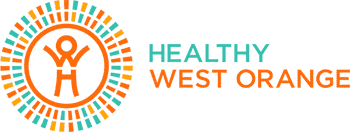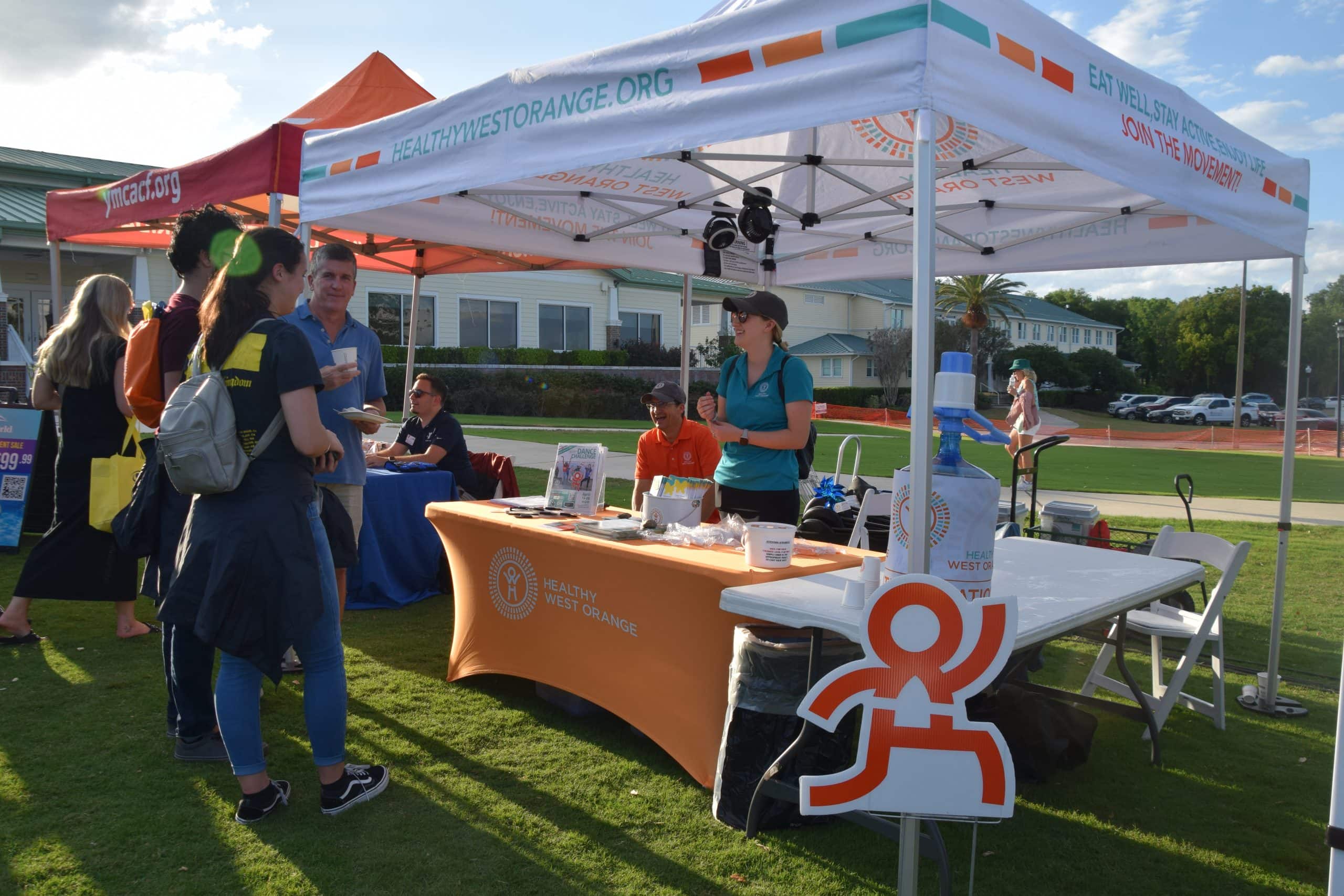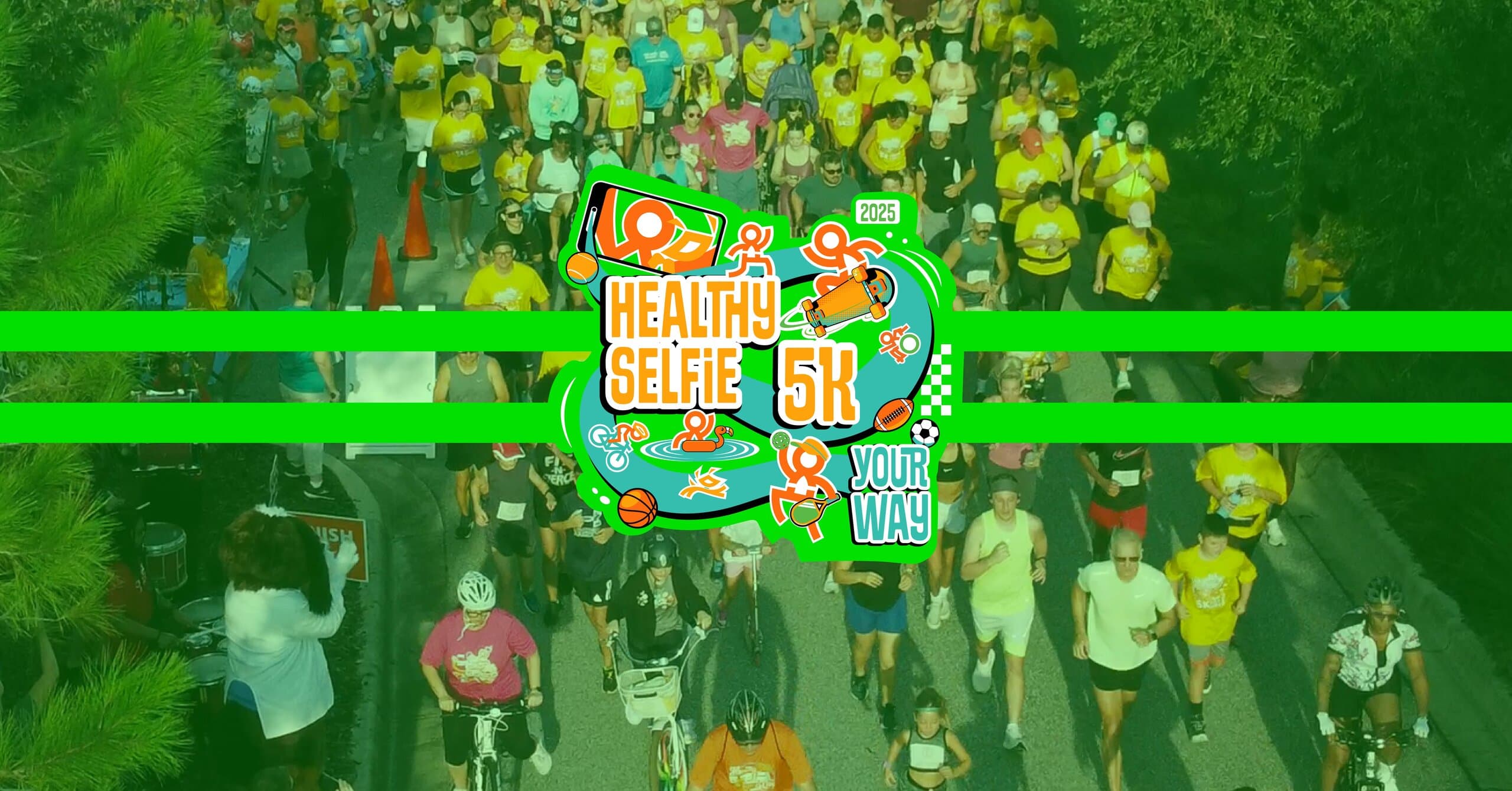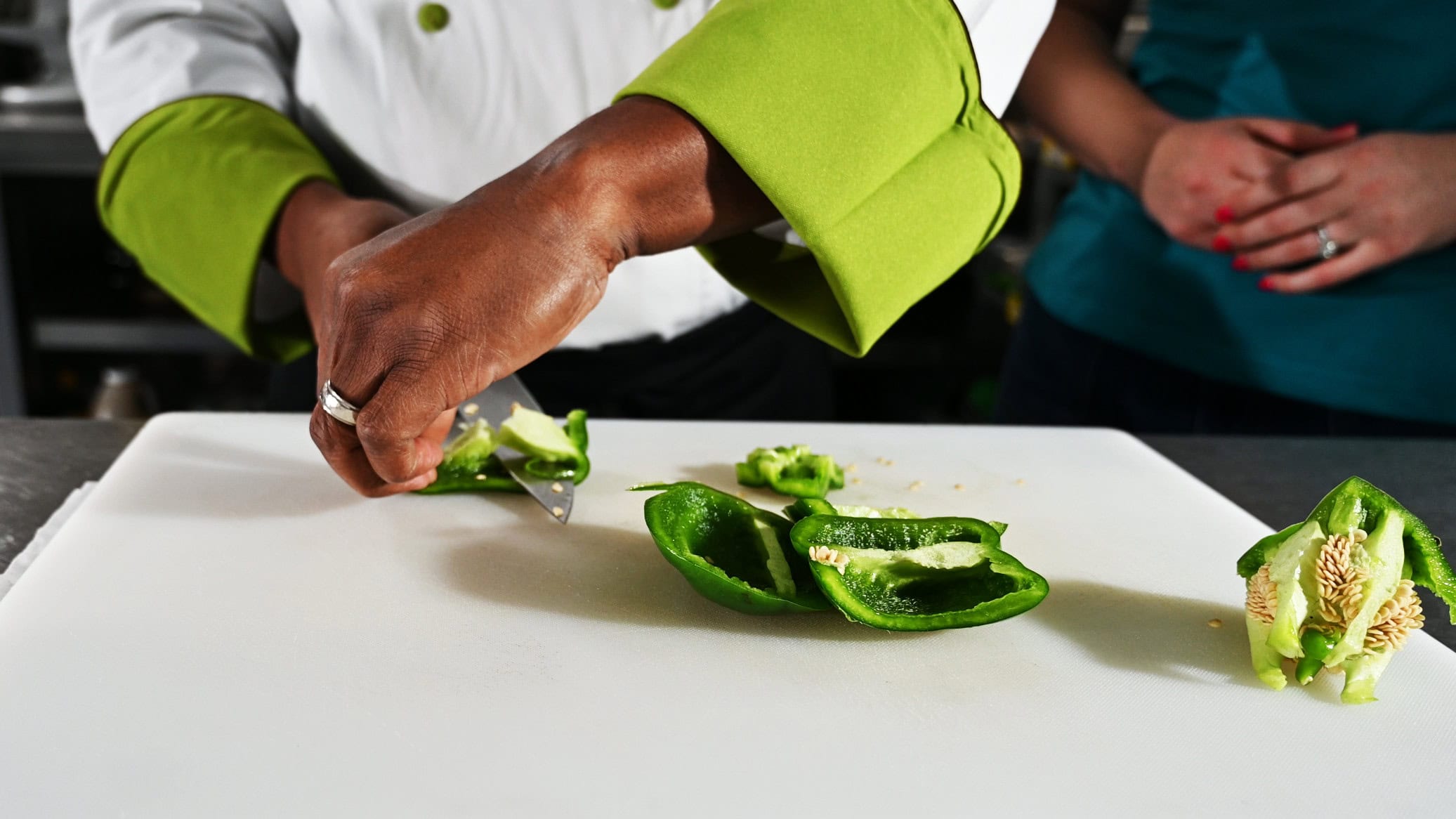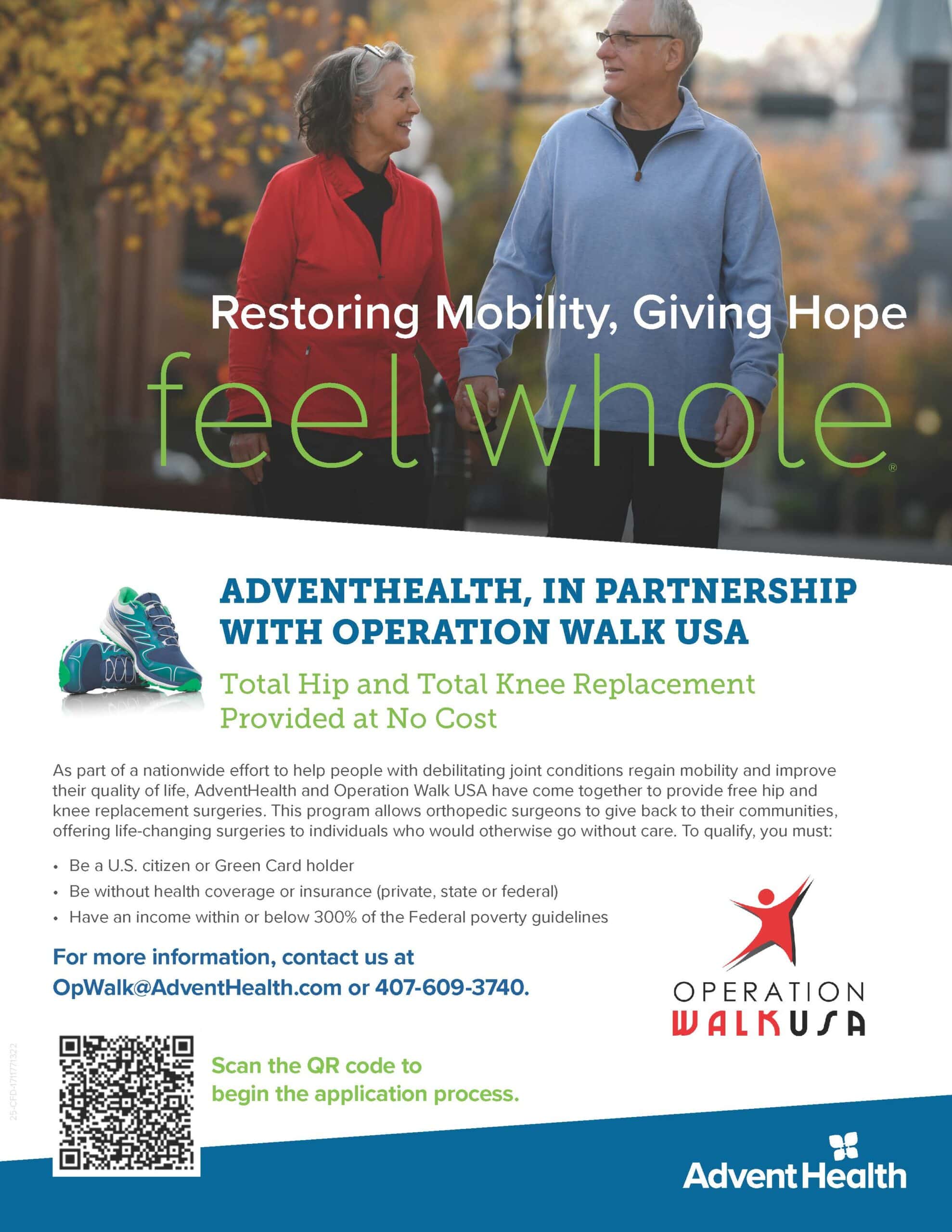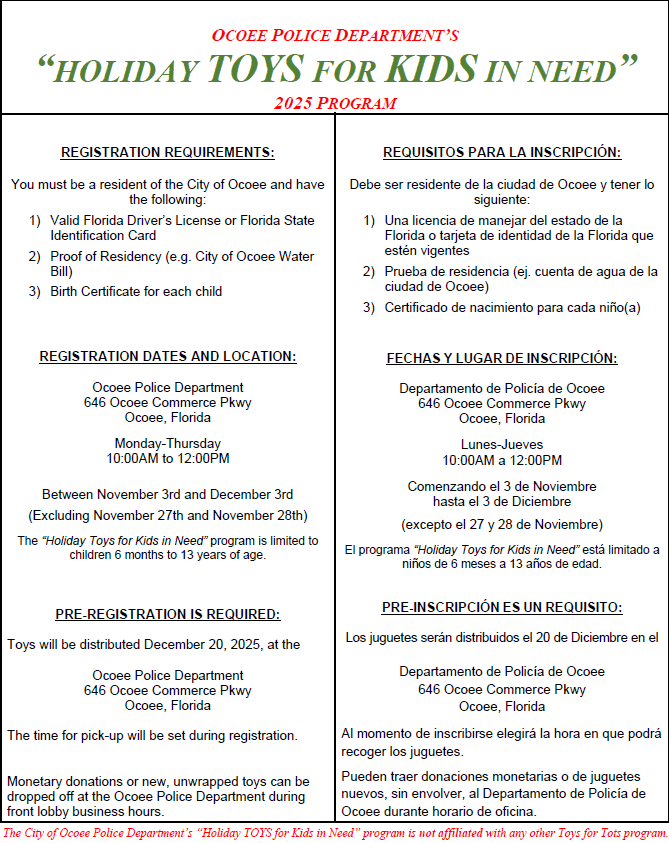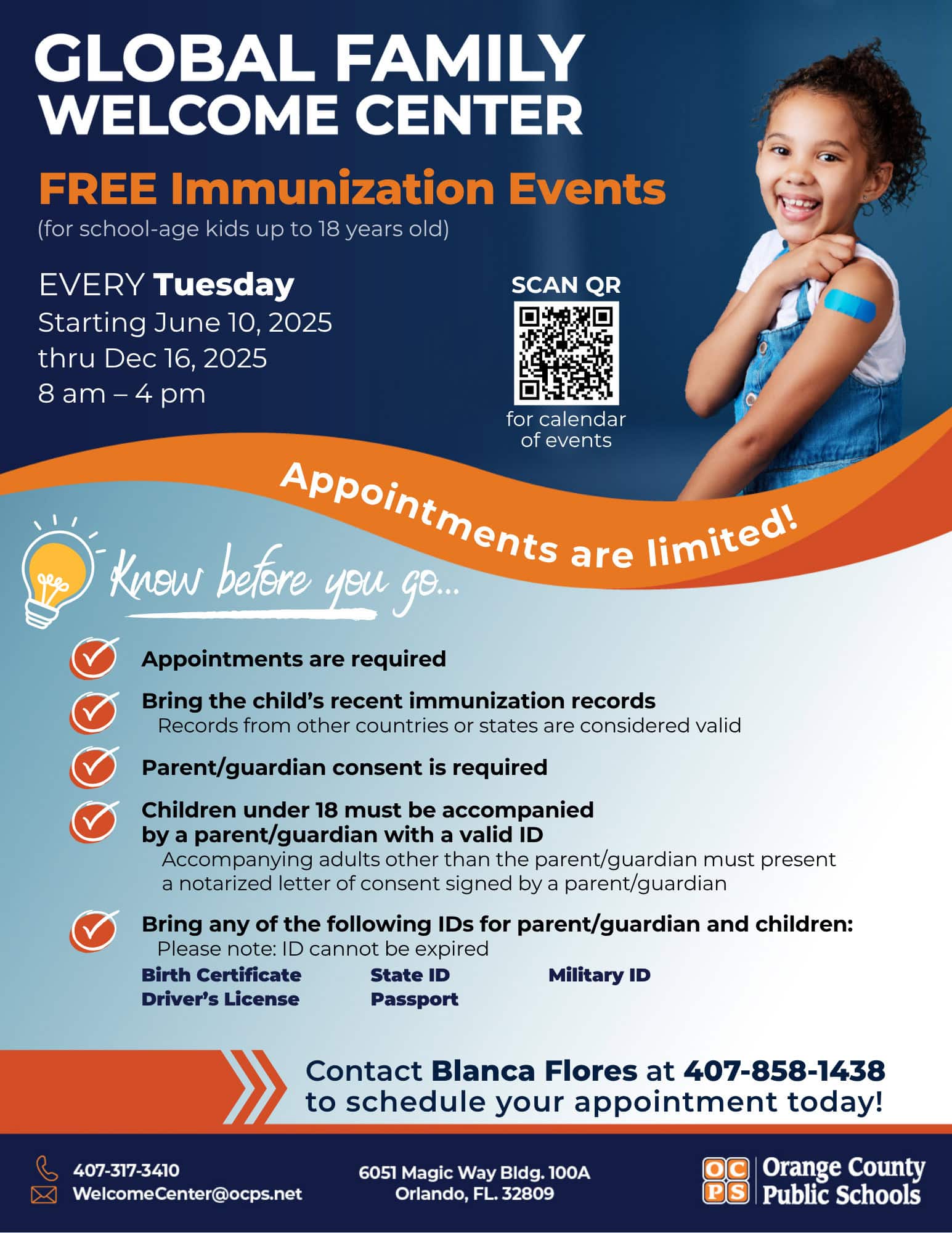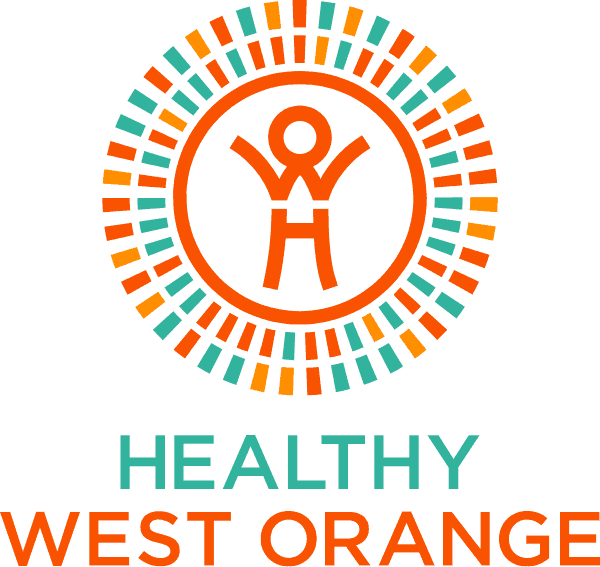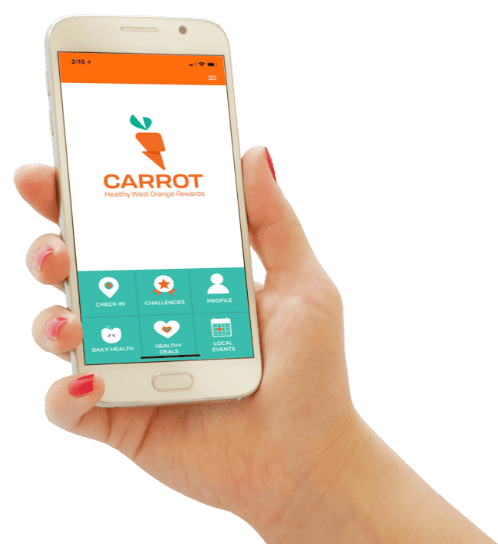Benefits of Social Connection

Written by local brain health expert, Michael Dottino of USA Memory Championship
For years, we’ve known that eating healthy, exercising, and living a healthy lifestyle are important. However, the COVID pandemic has brought attention to the health impact of social isolation and lack of social connections over a long period of time, and it’s concerning. The U.S. Surgeon General’s report, “Our Epidemic of Loneliness and Isolation,” shows the connection between poor social connections and many diseases, such as heart disease, stroke, anxiety, depression, and dementia. For example, there’s a 29% increased risk of heart disease and a 32% increased risk of stroke.


What can be done to promote social connection?
Creating strong social infrastructure in our communities is vital. This means having programs, policies, and physical elements that support social connections. Volunteer organizations, sports groups, religious groups, and clubs all contribute to social infrastructure. Policies and resources like accessible public transportation, affordable housing, and good education also play a role. Looking for local health and wellness resources? Check out our HUBB database! Physical spaces like libraries, parks, and playgrounds are important too.
Community programs that bring people together, foster social skills in schools, and provide support for vulnerable populations are powerful for building relationships. Volunteering is a great way to connect with others and make a positive impact. Looking to volunteer? Check out our list of local opportunities! Workplaces, schools, and faith organizations can also be sources of connection and trust in the community.

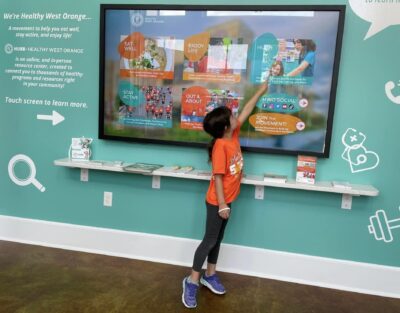
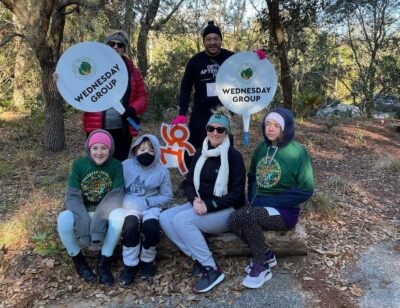
What can individuals do to increase social connection?
On an individual level, there are steps you can take to increase social connection:
- Invest time in your relationships through consistent, frequent, and high-quality time with others. Take time each day to reach out to a friend or family member.
- Minimize distraction during conversation to increase the quality of the time you spend with others. For instance, don’t check your phone during meals with friends, important conversations, and family time.
- Find opportunities to help and support others, either by helping your family, co-workers, friends, or strangers in your community or by participating in community service.
- Be responsive, supportive, and practice gratitude. As we practice these behaviors, others are more likely to reciprocate, strengthening our social bonds, improving relationship satisfaction, and building social capital.
- Actively engage with people of different backgrounds and experiences to expand your understanding of and relationships with others, given the benefits associated with diverse connections.
- Participate in social and community groups such as fitness, religious, hobby, professional, and community service organizations to foster a sense of belonging, meaning, and purpose. You can find information about local fitness groups here!
- Don’t do things that lead to feelings of disconnection from others. These include harmful and excessive social media use, time spent in unhealthy relationships, and disproportionate time in front of screens instead of people.
- Make time for civic engagement. This could include being a positive and constructive participant in political discourse and gatherings (e.g., town halls, school board meetings, local government hearings).
- Reflect the core values of connection in how you approach others in conversation and through the actions you take. Key questions to ask yourself when considering your interactions with others include: How might kindness change this situation? What would it look like to treat others with respect? How can I be of service? How can I reflect my concern for and commitment to others.
Now get to socializing!
Healthy West Orange has a calendar of community events to help you find ways to get involved! Let’s prioritize the value of social bonds, support one another, and create inclusive and connected communities! Together, we can build a healthier, happier, and more resilient West Orange community.
Don’t miss the first two blogs in our Brain Health series: “6 Factors of Peak Brain Health” and “Top 6 Ways to Keep Your Brain Fit”

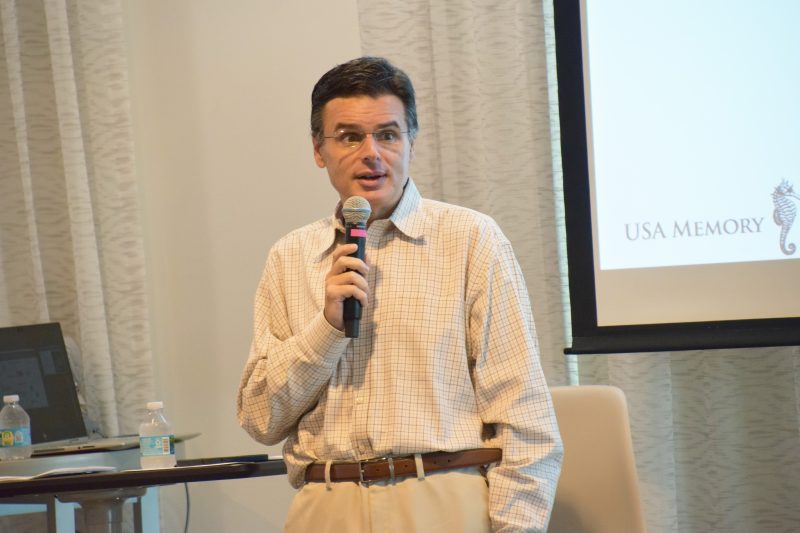
Michael Dottino
Michael Dottino is the Chief Development Officer of the USA Memory Championship (USAMC). He is the creator of the Brain Power Series, a curriculum of online and in-person courses that teach memory skills, brain health, and super learning. He has provided both personal and organizational coaching to clients in the health care, hospitality, armed services, emergency services and education industries.
Michael is currently working with the neuroscience departments at MIT and Columbia on a National Science Foundation grant to study the impact of memory training on brain
function, and is a co-facilitator of the Brain Fitness Academy at the Dr Phillips YMCA.
Share this Post
Never Miss an Update
you might also like
There is nothing worse than a toothache, am I right?? Oral health is very important for overall health and wellbeing, at every age!
